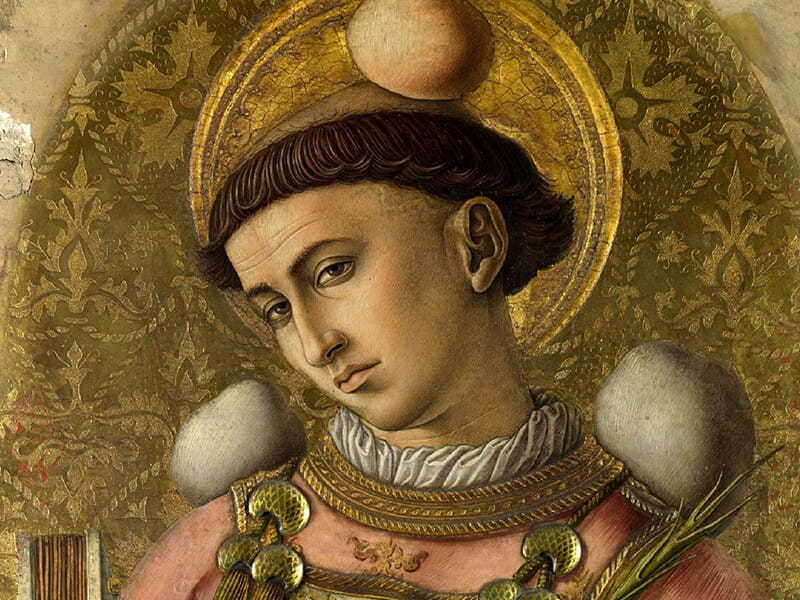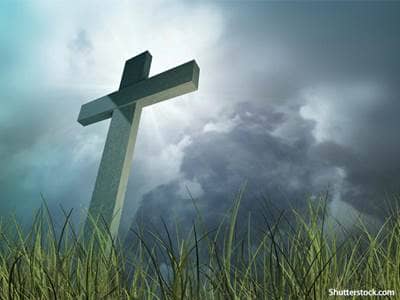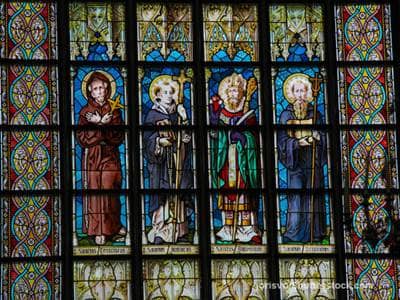St. Stephen (d. 36 A.D.?)

All we know of Stephen is found in Acts of the Apostles, chapters six and seven. It is enough to tell us what kind of man he was:
At that time, as the number of disciples continued to grow, the Hellenist (Greek-speaking) Christians complained about the Hebrew-speaking Christians, saying that their widows were being neglected in the daily distribution. So the Twelve called together the community of the disciples and said, “It is not right for us to neglect the word of God to serve at table. Brothers, select from among you seven reputable men, filled with the Spirit and wisdom, whom we shall appoint to this task, whereas we shall devote ourselves to prayer and to the ministry of the word.” The proposal was acceptable to the whole community, so they chose Stephen, a man filled with faith and the Holy Spirit.... (Acts 6:1-5)
Acts says that Stephen was a man filled with grace and power, who worked great wonders among the people. Certain Jews, members of the Synagogue of Roman Freedmen, debated with Stephen but proved no match for the wisdom and spirit with which he spoke. They persuaded others to make the charge of blasphemy against him. He was seized and carried before the Sanhedrin.
In his speech, Stephen recalled God’s guidance through Israel’s history, as well as Israel’s idolatry and disobedience. He then claimed that his persecutors were showing this same spirit. “[Y]ou always oppose the holy Spirit; you are just like your ancestors” (Acts 7:51b).
His speech brought anger from the crowd. “But [Stephen], filled with the holy Spirit, looked up intently to heaven and saw the glory of God and Jesus standing at the right hand of God, and he said, ‘Behold, I see the heavens opened and the Son of Man standing at the right hand of God....’ They threw him out of the city, and began to stone him....As they were stoning Stephen, he called out, ‘Lord Jesus, receive my spirit....Lord, do not hold this sin against them’” (Acts 7:55-56, 58a, 59, 60b).
-
Sts. Pontian and Hippolytus (d. 235)
-
St. Oliver Plunkett (1629-1681)
-
St. Anthony of Padua (1195-1231)
-
Blessed John Francis Burte and Companions (d. 1792; d. 1794)
-
St. Adrian of Canterbury (d. 710)
-
St. John Francis Regis (1597-1640)
-
Assumption of Mary
-
St. Agnes (d. 258?)
-
Blessed Adolph Kolping (1813-1865)
-
Blessed Junipero Serra (1713-1784)


